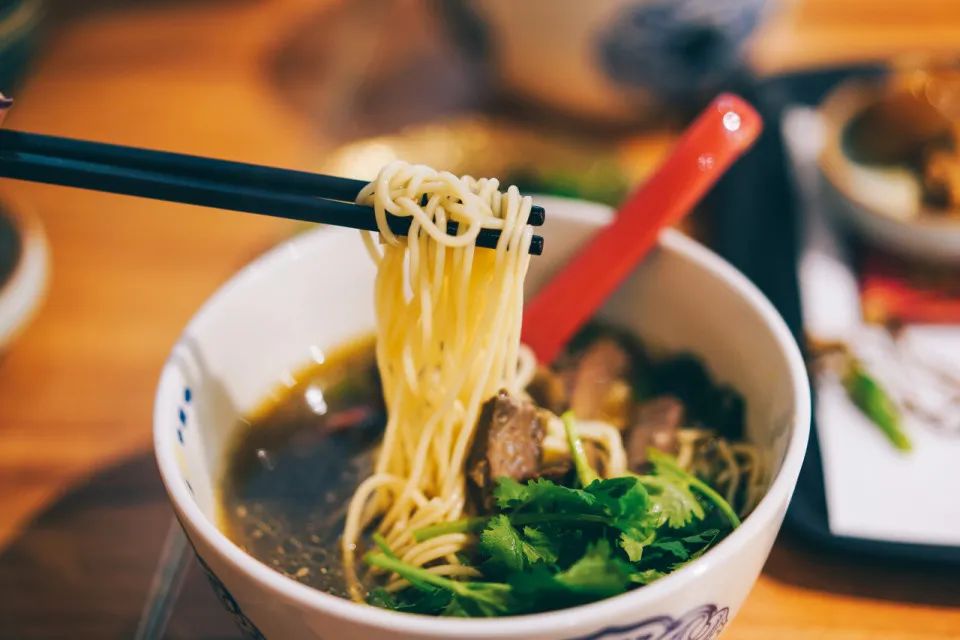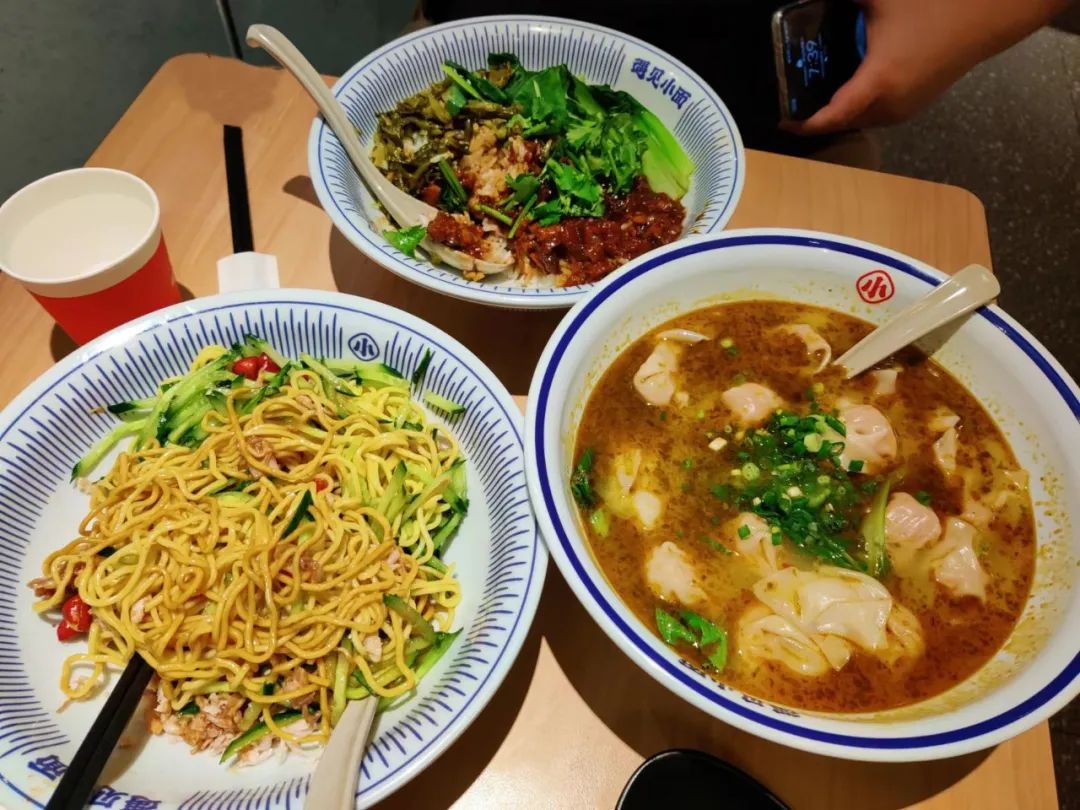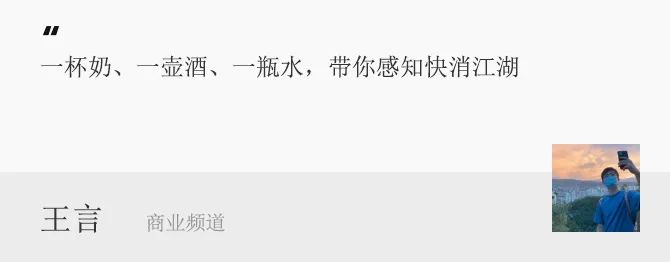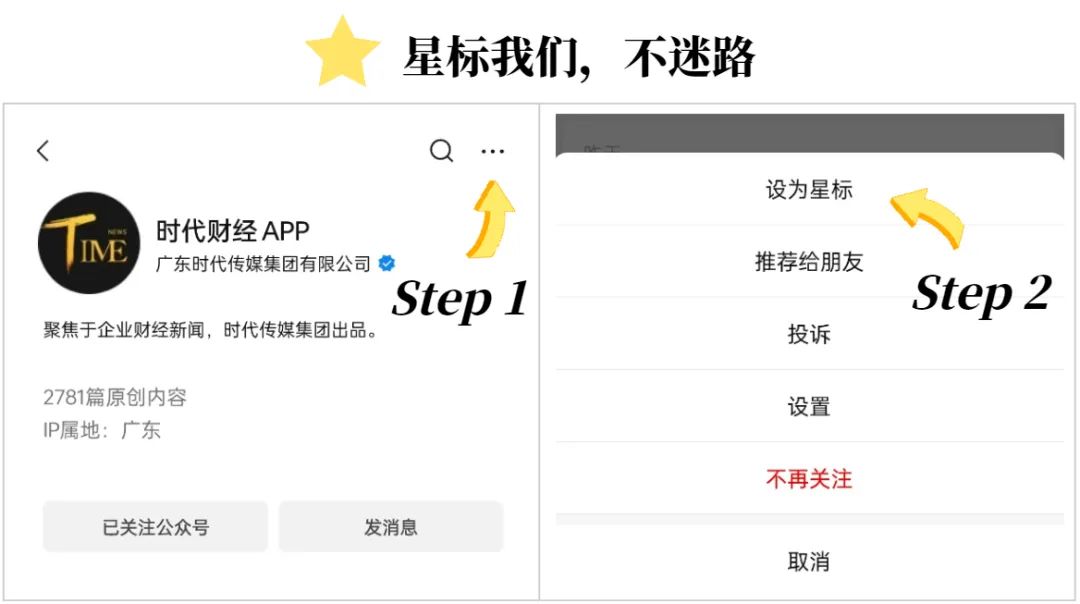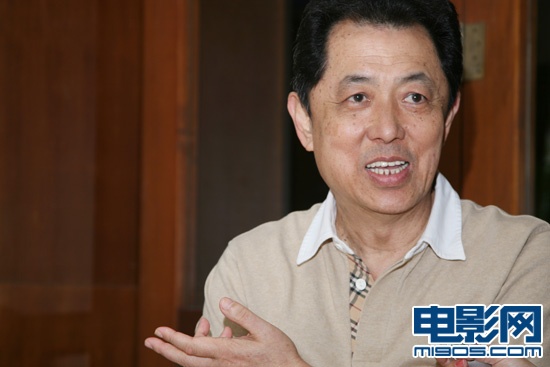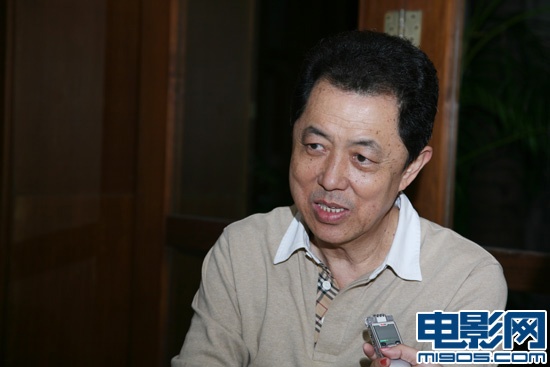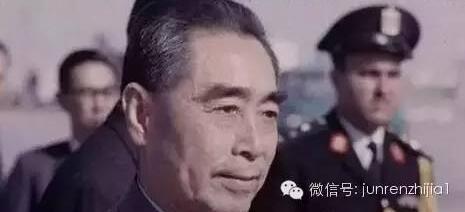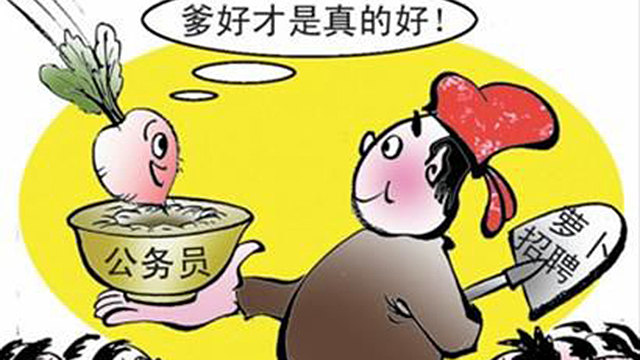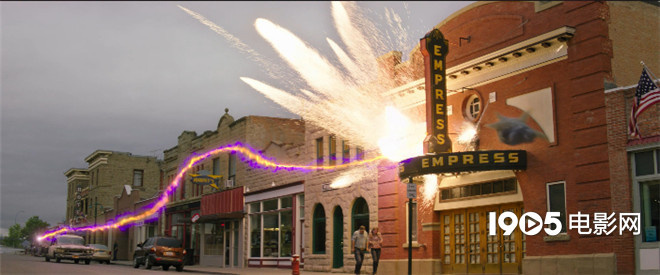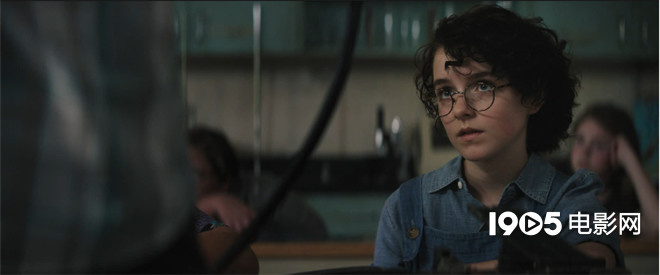Xinhua News Agency, Beijing, April 27th
Building the "Belt and Road" and Creating a Better Future
Joint Communiqué of the Roundtable Summit of the Second Belt and Road International Cooperation Summit Forum
April 27, 2019, Beijing, China
1. We, the supreme leader of President People’s Republic of China (PRC), Azerbaijani President Aliyev, Belarusian President Lukashenko, Sultans Of Brunei Hassanal, Chilean President Piniella, Cypriot President Anastasiades, Czech President Zeman, Djibouti President Guelleh, Egyptian President Seyce, Kazakhstan’s first President Nazarbayev, Kenyan President Kenyatta, Kyrgyz President Zheenbekov, Lao president Benyan, Mongolian President Battulga, Mozambican President Nyusi, Nepalese President bhandari, Philippine President Duterte, Portuguese President De, Russian President Putin, Serbian President Vucic, Swiss Federal President maurer, Tajik President rakhmon, Uzbek President Mirziyoev, UAE Vice President and Prime Minister, Dubai Chief Muhammad, Austrian Prime Minister Courths, Cambodian Prime Minister Hun Sen, Ethiopian Prime Minister Abi, Greek Prime Minister Tsipras, Hungarian Prime Minister Orban, Italian Prime Minister Conte, Malaysian Prime Minister Mahathir, Myanmar Senior Minister Aung San Suu Kyi, Pakistani Prime Minister imran khan, Papua New Guinea Prime Minister O ‘Neill, Singaporean Prime Minister Lee Hsien Loong, Thai Prime Minister Ba Yu, Vietnamese Prime Minister Ruan Chunfu and Indonesian Vice President Kara gathered in Beijing on April 27, 2019 to attend the theme of "Building together ‘ Belt and Road ’ And create a better future.International Cooperation Summit Forum Leaders Roundtable Summit. We welcome the participation of UN Secretary-General Guterres and IMF Managing Director Lagarde. The summit was presided over by President People’s Republic of China (PRC) and the Supreme Leader.
2. We are gathered at a moment when opportunities and challenges coexist in the world economy and the world is undergoing rapid and profound changes. We reiterate that strengthening multilateralism is crucial to global challenges. We believe that building an open, inclusive, coordinated, sustainable and people-centered world economy is conducive to promoting common prosperity.
3. We recall the joint communiqué of the first "Belt and Road" international cooperation summit forum round table summit and the cooperation goals, principles and measures set by it, and reaffirm our commitment to the implementation of the United Nations 2030 Agenda for Sustainable Development. We reiterate that it is our common responsibility to promote peace, development and human rights, promote win-win cooperation and respect the purposes and principles of the UN Charter and international law. It is our common goal to achieve strong, sustainable, balanced and inclusive growth of the world economy and improve people’s quality of life. It is our common aspiration to build a prosperous and peaceful world.
4. The ancient Silk Road embodies the spirit of equal cooperation of peaceful cooperation, openness, tolerance, mutual learning and mutual benefit, and has made important contributions to promoting interconnection and world economic growth. We look forward to reviving the spirit of the ancient Silk Road through the Belt and Road Initiative and other cooperation frameworks and initiatives.
5. As partners, we appreciate the progress made and the important opportunities created by the Belt and Road cooperation, especially in the areas of development policy docking, infrastructure investment, economic corridors, economic and trade cooperation zones, industrial parks, financial and trade cooperation, innovation and technology, maritime cooperation, business contacts and people-to-people exchanges. These cooperations have opened up new impetus for economic growth, increased new potential for economic and social development of all countries, and contributed to the realization of the sustainable development goals of the United Nations.
6. Looking forward to the future, we will jointly build the "Belt and Road" with high quality. By promoting policy communication, facility connectivity, smooth trade, financial intermediation and popular support, we will strengthen interconnection among all parties, deepen pragmatic cooperation and enhance the well-being of people in all countries. In this regard, we expect our partners to make more efforts.
— — We will persist in discussing, building and sharing. We emphasize the importance of the rule of law and creating fair opportunities for all, and will carry out policy docking and project cooperation on the basis of voluntary participation and consensus, sharing responsibilities and sharing results. All countries are equal partners and respect an open, transparent, inclusive and fair business environment. We respect each other’s sovereignty and territorial integrity. We believe that it is the right and primary responsibility of each country to decide its own development strategy independently according to domestic priorities and laws.
— — We will adhere to openness, green and honesty. We support an open economy and an inclusive and non-discriminatory global market, and welcome all interested countries to participate in cooperation. We attach importance to promoting green development and meeting the challenges of environmental protection and climate change, including strengthening cooperation in implementing the Paris Agreement. We encourage all parties to make more efforts in building a clean culture and fighting corruption.
— — We pursue high standards, benefit people’s livelihood and sustainability. Relevant cooperation will abide by national laws and regulations, international obligations and applicable international rules and standards, and will promote inclusive and high-quality economic growth and improve people’s livelihood in line with the people-centered concept. We are committed to promoting the sustainability of cooperation at all levels.
7. We started from the belief that connectivity is conducive to promoting growth and economic and social development, promoting trade in goods and services, stimulating investment, creating employment opportunities and enhancing people-to-people exchanges. Promoting the construction of a global connectivity partnership on the basis of openness, inclusiveness and transparency will bring opportunities to all parties. Today, we are determined to strengthen international cooperation at the sub-regional, regional and global levels and create a bright future of common prosperity through this partnership, including the Belt and Road Initiative and other cooperation strategies. We support a universal, rule-based, open, transparent and non-discriminatory multilateral trading system with the World Trade Organization at its core.
Strengthen the docking of development policies
8. In order to promote common development, we welcome all parties to adopt prudent macroeconomic policies and encourage relevant discussions on the implementation of the sustainable development agenda. We will strengthen macroeconomic policy dialogue in the United Nations and other multilateral mechanisms, and promote the docking of development plans and interconnection initiatives of all parties on the basis of existing progress.
9. In view of this, we emphasize the opportunities brought by relevant initiatives and cooperation frameworks. Including: Three Rivers Basin Economic Cooperation Strategic Master Plan (2019-2023), AU and Africa Infrastructure Development Plan, APEC Interconnection Blueprint, League of Arab States, ASEAN and ASEAN Interconnection Master Plan 2025, ASEAN Smart City Network, ASEAN Link Interconnection Initiative, ASEM Interconnection Working Group, East ASEAN Growth Area, Central Asia Interconnection Initiative, Community of Latin American and Caribbean States, Dubai Silk Road Strategy, EU Eurasian Interconnection Strategy, China-EU Interconnection Platform, EU Eastern Partnership, Eurasian Economic Union, Eurasian Partnership, China-Africa Cooperation Forum, Greater Mekong Subregion Economic Cooperation, Global Infrastructure Interconnection Alliance, Global Group Initiative, Lancang-Mekong Cooperation, Organization of American States, pacific alliance, Pacific Island Forum, Union for the Mediterranean and other subregional and regional cooperation initiatives.
10. We are determined to promote the liberalization and facilitation of trade and investment, look forward to further opening up the market, and oppose protectionism, unilateralism and other measures that are inconsistent with the rules of the World Trade Organization. We emphasize the importance of "special and differential treatment" in WTO agreements.
11. We attach importance to the facilitation of customs clearance, and encourage relevant departments to enhance cooperation in border clearance, customs mutual assistance, information sharing, and streamlining customs and transit procedures. We encourage the relevant facilitation measures to conform to the WTO Agreement on Trade Facilitation, supplemented by effective border control measures to combat illegal trade and fraud.
12. We call on all countries to strengthen cooperation in promoting foreign direct investment and establishing joint ventures on the premise of complying with their domestic laws and international commitments. We encourage all parties to create a favorable and predictable environment for promoting investment and creating new business opportunities.
13. We hope to strengthen tax cooperation, encourage more agreements to avoid double taxation, and promote growth-friendly tax policies. To this end, we will work within the existing framework of international tax cooperation.
14. We will strive to build a global value chain that is inclusive and diverse and universally beneficial. We encourage cooperation in the field of innovation while protecting intellectual property rights. We also encourage all parties to adopt electronic waybills.
15. We support the development of a sustainable blue economy and call for further strengthening maritime connectivity and international maritime cooperation, including cooperation between ports and shipping industries, while managing marine and coastal ecosystems in a sustainable manner.
Strengthen infrastructure interconnection
16. In order to promote coordinated growth, we support the construction of all-round and compound infrastructure interconnection, and promote economic growth and improve people’s livelihood through infrastructure investment. We support policies and measures to help landlocked countries become landlocked countries, including promoting connectivity and strengthening cooperation in transit arrangements and infrastructure.
17. We will strive to build high-quality, reliable, risk-resistant and sustainable infrastructure. We emphasize that high-quality infrastructure should be feasible, reasonable in price, inclusive and widely beneficial in the whole cycle, which is conducive to the sustainable development of participating countries and the industrialization of developing countries. We welcome developed countries and international investors to invest in interconnection projects in developing countries. We attach importance to the sustainability of the project in economic, social, financial, financial and environmental aspects, and at the same time balance economic growth, social progress and environmental protection.
18. In order to achieve the sustainability of the project, we support countries to strengthen cooperation in project preparation and implementation, and ensure that the project is investable, financing, economically feasible and environmentally friendly. We call on all market participants in the Belt and Road cooperation to fulfill their corporate social responsibilities and abide by the UN Global Compact.
19. We recognize that transportation infrastructure is one of the foundations of connectivity. We encourage countries to develop mutually compatible infrastructure and enhance the connectivity of countries in the air, land and sea by developing mutually compatible and compound transportation. We recognize the importance of developing cross-regional transportation and logistics corridors, including building corridors connecting Central Asia and the Caucasus, Europe, Africa, South Asia, Southeast Asia and the Pacific to promote transportation and exchanges.
20. We support strengthening energy infrastructure and improving energy security so that all people can enjoy affordable, renewable, clean and sustainable energy.
21. On the premise of observing the laws, regulatory systems and international commitments of various countries, we look forward to strengthening the interconnection of financial markets, while paying attention to inclusive finance.
Promote sustainable development
22. To promote sustainable and low-carbon development, we appreciate efforts to promote green development and ecological sustainability. We encourage the development of green finance, including issuing green bonds and developing green technologies. We also encourage all parties to exchange good practices in eco-environmental policies and improve the level of environmental protection.
23. In order to protect the earth from degradation, we look forward to building a more climate-resilient future and strengthening cooperation in the fields of environmental protection, circular economy, clean energy, energy efficiency and comprehensive sustainable water resources management, including supporting countries adversely affected by climate change in accordance with internationally recognized principles and obligations, so as to achieve sustainable development in a balanced and comprehensive way in economic, social and environmental aspects. We support the implementation of the UN resolution on the mid-term comprehensive review of the implementation of the International Decade for Action "Water for Sustainable Development" (2018-2028).
24. We encourage more cooperation in sustainable agriculture, forestry and biodiversity protection. We agree to promote cooperation in the fields of disaster prevention and mitigation and disaster management.
25. We support international anti-corruption cooperation on the basis of observing national laws and regulations, and adopt a zero-tolerance attitude towards corruption. We call on all countries to strengthen relevant international cooperation in accordance with their obligations under international conventions such as the United Nations Convention against Corruption and relevant bilateral treaties. We look forward to strengthening cooperation in exchanging useful experiences and carrying out pragmatic cooperation.
Strengthen pragmatic cooperation
In order to achieve common prosperity, we should strengthen pragmatic cooperation. Relevant cooperation should be people-centered, result-oriented and growth-oriented, abide by market rules and laws of various countries, and the government can provide corresponding support when necessary. We encourage enterprises from all countries, including small and medium-sized enterprises, to participate in cooperation. We emphasize the importance of adopting open, transparent and non-discriminatory public procurement procedures on the basis of observing national laws and regulations, and welcome the exchange of useful experiences.
27. We support countries to continue to build economic corridors, economic and trade cooperation zones (see annex) and cooperation projects related to the Belt and Road Initiative, and strengthen cooperation in value chain, industrial chain and supply chain.
28. We will continue to strengthen multimodal transport, including inland waterways, road and railway networks, land, sea and air ports and pipelines, on the premise of abiding by international law and national laws. We encourage learning from international good practices, strengthening digital infrastructure including cross-border high-speed optical cables, developing e-commerce and smart cities, and narrowing the digital divide.
29. We encourage third-party market cooperation, tripartite cooperation and cooperation between government and social capital, and welcome enterprises and relevant international organizations to make more efforts in this regard on the premise of complying with national laws and regulations. We welcome legal cooperation, including providing dispute settlement services and legal aid to the business community.
30. We support cooperation between financial institutions of various countries and international financial institutions to provide diversified and sustainable financing support for relevant projects. While respecting domestic priorities, laws and regulations, international commitments and relevant principles adopted by the United Nations General Assembly on debt sustainability, we encourage local currency financing and mutual establishment of financial institutions to better play the role of development finance. We encourage multilateral development banks and other international financial institutions to increase their support for interconnection projects in a financially sustainable way and mobilize private capital to invest in related projects according to local needs.
In order to ensure food security and support sustainable development, we emphasize the importance of developing water-saving technologies and agricultural innovation. We attach importance to promoting trade and investment in agricultural products by strengthening cooperation in animal and plant health and quarantine.
32. We have noticed the "Belt and Road" cooperation platforms in various professional fields listed in the annex.
Strengthen cultural exchanges
33. Interconnection has brought different countries, peoples and societies closer together. We believe that the "Belt and Road" cooperation is conducive to promoting dialogue, exchanges, mutual learning and mutual learning among people of all countries and different cultures and civilizations. We welcome efforts to expand people-to-people exchanges, including strengthening exchanges among young people.
34. We attach importance to strengthening cooperation in human resources development, education and vocational training in order to enhance people’s ability to better adapt to future work, promote employment and improve people’s living standards.
We look forward to further exchanges and cooperation in the fields of science and technology, culture, art, creative economy, rural development and folk crafts, archaeology and paleontology, cultural and natural heritage protection, tourism, health and sports.
36. We welcome parliaments, friendly provinces and cities, think tanks, academia, media and civil society to strengthen exchanges, promote exchanges between women and disabled people, and strengthen cooperation in overseas labor.
Next step
We welcome further bilateral and international cooperation between all parties and China under the Belt and Road Initiative, and look forward to holding regular summit forums and related follow-up activities.
We thank and congratulate China for hosting the second Belt and Road International Cooperation Summit Forum, and look forward to the third summit forum.
attachment
I. Economic corridors and other projects driven and supported by interconnection:
(1) Addis Ababa-Djibouti Railway Economic Corridor and industrial parks along it.
(2) Heishui Tunnel
(3) Baku-Tbilisi-Kars transnational railway and Baku Ariate free economic zone.
(4) Brunei-China Guangxi Economic Corridor
(5) China-Central Asia-West Asia Economic Corridor
(6) China-Europe land and sea express line
(7) China-Indochina Economic Corridor, including China-Laos Economic Corridor.
(8) China-Kyrgyzstan-Uzbekistan International Highway
(9) China-Laos-Thailand Railway Cooperation
(10) China-Malaysian Qinzhou Industrial Park
(11) China-Mongolia-Russia Economic Corridor
(12) China-Myanmar Economic Corridor
(13) China-Pakistan Economic Corridor
(14) East Thailand Economic Corridor
(15) Greater Mekong Subregion Economic Cooperation
(16) European Union Pan-European Transport Network
(17) Europe-Caucasus-Asia Transport Corridor
(18) Zhongbai Industrial Park
(19) International North-South Transport Corridor
(20) Lake Victoria-Mediterranean sea route connection plan
(21) Port Lamu-South Sudan-Ethiopia traffic channel
(22) Malaysian-China Guan Dan Industrial Park
(23) China-Nepal crosses the Himalayan three-dimensional interconnection network and the China-Nepal cross-border railway.
(24) New Eurasian Continental Bridge
(25) China-Singapore (Chongqing) strategic interconnection demonstration project: a new channel for international land and sea trade.
(26) North Africa Passage (connecting Mombasa Port with countries in the Great Lakes region of Africa and the Pan-African Highway)
(27) Cairo-Cape Town North-South Passage
(28) Port of Piraeus
(29) Ethiopia-Port Sudan Railway Interconnection
(30) Indonesia Regional Comprehensive Economic Corridor
(31) Suez Canal Economic Zone
(32) North sea route cargo transportation
(33) Trans-Pacific submarine optical cable
(34) Vietnam’s development plan of "two corridors and one circle"
(35) China-Tajikistan-Uzbekistan International Highway
Ii. initiatives and platforms for multilateral cooperation in professional fields:
(1) Advisory Committee of the "Belt and Road" International Cooperation Summit Forum
(2) "One Belt, One Road" Alliance of International Scientific Organizations
(3) Clean Silk Road Beijing Initiative
(4) Belt and Road energy partnership
(5) "One Belt, One Road" tax collection and management cooperation mechanism
(6) "One Belt, One Road" news cooperation alliance
(7) The Belt and Road International Think Tank Cooperation Committee
(8) "Digital Silk Road" initiative
(9) Guiding Principles for Financing of the Belt and Road Initiative
(10) International Silk Road Academy of Sciences
(11) The Belt and Road International Alliance for Green Development
(12) Joint Statement on Further Promoting the Pragmatic Cooperation of Intellectual Property Rights in the Belt and Road Countries
(13) China-EU Joint Working Group on Train Transportation
(14) Ningbo Initiative on Maritime Silk Road Port Cooperation
III. Other initiatives and initiatives mentioned by the participants:
(1) African continental free trade agreement
(2) Forum of Ancient Civilizations initiated by Greece.
(3) The 27th APEC Economic Leaders’ Meeting to be held in Chile in 2019.
(4) China-Belarus "Belt and Road" Special Forum
(5) Mongolia and other interested countries set up "Belt and Road" channels at land and airport ports.
(6) The First Global Forum of Mayors of the Silk Road Countries in Kazakhstan in 2018
(7) Global Silk Road Award initiated by Kazakhstan.
(8) Mongolia proposes to reward diplomats and young scholars who promote the Belt and Road cooperation.
(9) Pan-Arab Free Trade Agreement
(10) 25th Conference of the Parties to the United Nations Framework Convention on Climate Change to be held in Santiago, Chile in 2019.
(11) Sustainable Blue Economy Conference held in Kenya in 2018
(12) United Nations Convention on International Reconciliation Agreements Arising from Mediation
(13) The United Nations World Tourism Organization International Conference on Silk Road Tourism held in Greece in 2018.
(14) World Forum for Intercultural Dialogue under the framework of Baku Process.
(15) World Youth Forum held in Egypt in 2018.
